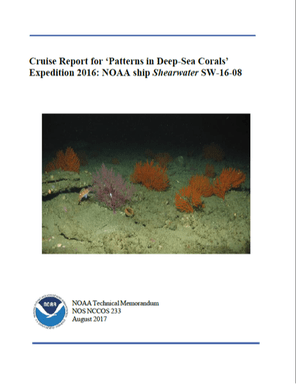NATIONAL MARINE SANCTUARIES
Marine Sanctuaries
MARE partners with NOAA’s National Marine Sanctuaries (NMS) in effort to discover, protect, and monitor critical deep-sea habitats including sensitive coral and sponge ecosystems. Working with NOAA research partners, MARE has gathered information about deep-water habitats within each of the West Coast sanctuaries including, Gulf of the Farallones, Monterey Bay, Channel Islands, Cordell Bank and Olympic Coast NMS. We have also worked in the Hawaiian Islands Humpback Wale NMS and Flower Garden Banks NMS in the Gulf of Mexico. Since 2009, MARE has conducted 28 separate surveys using its robotic fleet in support of monitoring the nation’s network of national marine sanctuaries.
Marine Sanctuaries
MARE partners with NOAA’s West Coast National Marine Sanctuaries in effort to discover and protect critical deep-sea habitats including sensitive coral and sponge ecosystems. Working with NOAA research partners, MARE has gathered information about deepwater habitats within the Gulf of the Farallones, the Monterey Bay and the Channel Islands National Marine Sanctuaries. Since 2009, MARE has conducted twelve separate surveys looking at never before seen seafloor habitats, including diverse sponge and coral ecosystems. The high resolution still photography collected by MARE, combined with specimen collections, have helped NOAA researchers identify several undescribed species.
CHANNEL ISLANDS NATIONAL MARINE SANCTUARY
At the Channel Islands National Marine Sanctuary, NOAA researcher Peter Etnoyer is currently studying the effects highly acidic waters of the region have on a reef building stony coral called Lophelia. MARE located and collected samples of Lophelia, along with other coral and sponge species, to be studied in Charleston, South Carolina. In addition, we also deployed and recovered temperature loggers around these highly sensitive coral ecosystems. Read more about this work in the 2016 expedition cruise report below.
CHANNEL ISLANDS NATIONAL MARINE SANCTUARY
At the Channel Islands National Marine Sanctuary, NOAA researcher Peter Etnoyer is currently studying the effects highly acidic waters of the region have on a reef building stony coral called Lophelia. MARE located and collected samples of Lophelia, along with other coral and sponge species, to be studied in Charleston, South Carolina. In addition, we also deployed and recovered temperature loggers around these highly sensitive coral ecosystems. Read more about this work in the 2016 expedition cruise report below.


